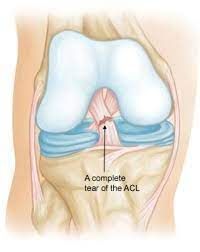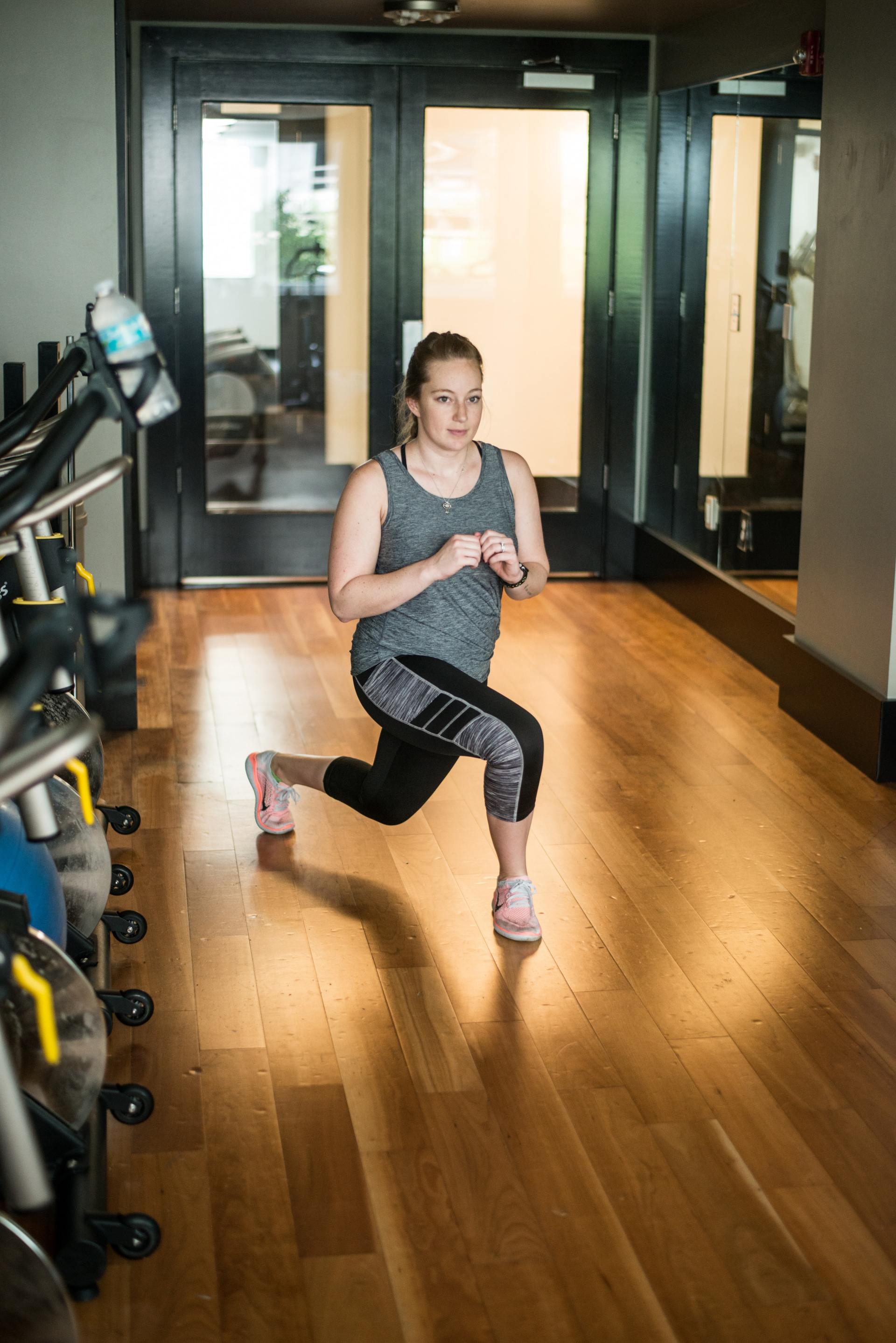
Apache Brave Sports Therapy
Mobile Sports Massage
Personal Training
Coventry | Warwickshire
Is the Mediterranean diet for you?
Follow a Mediterranean diet type and live healthier? Find out here
The Mediterranean diet is more suited to those whom have a very-low to medium sensitivity towards both carbohydrates as well as fats this would be the optimal diet type for you.A Mediterranean diet incorporates the traditional healthy living habits of people from countries bordering the Mediterranean Sea, including France, Greece, Italy and Spain.
Traditionally the Mediterranean diet is portrayed as a plant-based diet pattern where high intake of fruit, vegetables, whole grains, pulses (split peas, beans, lentils and chickpeas), nuts, seeds, olive oil and fish, a moderate intake of dairy products and white meats, and a low consumption of red meats and sugars is recommended. To summarize, it is a moderate unrefined fibrous carbohydrate, unsaturated fat diet with a moderate to low protein intake. Suggesting that 50% of the daily calories would be derived from unrefined carbohydrates (where approximately 8-10% could come from refined carbohydrates), 30% from fats and the remaining 20% from protein.
Even though you have a lower sensitivity to carbohydrates and fats it is still important to consider the type and amount you include within your diet. The basic make-up of a Mediterranean diet implies that your carbohydrates should be high in fiber with low glycemic index. And your fat choices should be particularly rich in monounsaturated fats (with emphasis on olive oil) and omega 3’s (from oily fish).
The Mediterranean diet is very similar to the UK government's healthy eating advice.The guide shows what foods are needed for a healthy, balanced diet and how much you should eat of each food group:
- eat at least 5 portions of a variety of fruit and vegetables every day
- base your meals on starchy foods such as potatoes, bread, rice and pasta – choose wholegrain versions where possible
- eat some beans or pulses, fish, eggs, meat and other proteins (including 2 portions of fish every week, 1 of which should be oily)
- have some dairy or dairy alternatives (such as soya drinks) – choose lower-fat and lower-sugar options
- choose unsaturated oils and spreads, and eat them in small amounts
You don't need to achieve this balance with every meal, but try to get it right over the course of a day or even a week.
A lower incidence of cardiovascular disease and type 2 diabetes has been related to the Mediterranean diet, as well as B group vitamin (B1, B2, niacin, B6, folate, and B12) and antioxidant (vitamins A, C and E) sufficiency - this can be particularly useful if you have an increased need for these micronutrients.
Your B vitamins are found in fruit, vegetables, fish and pulses, where in comparison your antioxidants can also be found in fruit and vegetables, as well as nuts, seeds and avocado.
To give you a better idea of what a Mediterranean diet looks like DNAFit compiled a sample menu.
MORNING SNACK
¼ cup dried fruit (cranberries)
30g (1oz) walnuts nuts (plain, unsalted)
LUNCH: Steamed Fish, Bulgur Wheat and Lentils with Zucchini Noodles
½ cup – ¾ cup boiled bulgur wheat mixed with ½ cup – ¾ cup brown lentils
1 cup boiled zucchini noodles
30g (1oz) – 60g (2oz) steamed oily fish (salmon / tuna / trout / mackerel)
2 teaspoons olive oil for cooking / dressing
AFTERNOON SNACK
½ cup carrot sticks, to dip in hummus
1 medium fruit (pear / kiwi / orange)
2 tablespoons hummus
DINNER: Artichoke, Asparagus and Brown Rice Salad with a Baked Chicken Thigh
½ cup – ¾ cup brown rice, with ½ cup – ¾ cup sweet corn
½ cup baked, chopped asparagus and ½ cup artichokes
90g (30oz) boned, skinless chicken thigh, baked
½ medium Avocado
1 teaspoon olive oil for cooking / dressing
" Following a strict Mediterranean diet offers substantial protection against heart disease, cancer, Parkinson's and Alzheimer's ”, the Daily Express reported. It said the biggest ever study into the diet had shown that a diet rich in fruit, vegetables and fish can reduce the number of deaths from these diseases. It found that people who stick to the diet are 9% less likely to die young and show significant improvements in health.
Discovering your ideal potential diet is easy with our DNA Testing kits, a simple swap from your mouth is then sent to the laboratory where it is tested against over 48 different DNA strands relating to your diet and fitness, this then give you your guide to unlocking your potential to a healthier you. Order your DNA kit now
Richard Watson
Sports Therapist

Sports Massage
Personal Training
Posture Analysis
Corrective Exercises
Neck & Shoulder Pain | Lower Back
Knee and Leg Pain | Sciatica
Muscle stiffness | Groin and Hip Pain
Post Training Tightness | Non-Sports Injuries. and more...
Mobile Personal Fitness & Local Sports Massage Treatments near you:
Coventry, Kenilworth,
Leamington Spa, Warwick,
Balsall Common, Meridan,
Binley Woods, Tile Hill, Eastern Green,
Warwickshire and more









